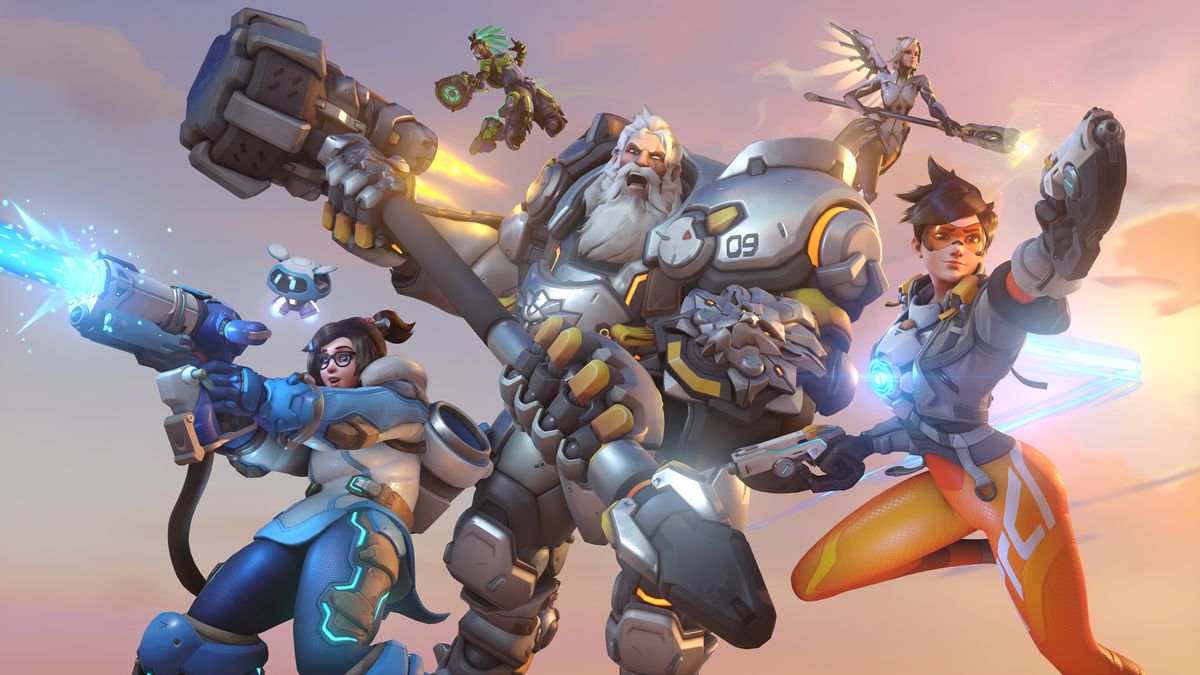As sure as the sun rises in the east, so too will piracy be a plague upon PC gaming. Publishers and developers can implement as much DRM as they want–but any line of defense against piracy, no matter how clever, cannot prevent an onslaught of stolen copies courtesy of parsimonious game pirates. The most recent victim of this particular cybercrime is Wolfenstein: The New Order, which has reportedly been illegally downloaded over 100,000 times within a week of the game’s launch. But The New Order seems to have stumbled upon the one thing that might be able to change a potential pirate’s mind: their own impatience.

Actually-a-legitimate-news-site TorrentFreak revealed the sad plight of these swindlers, many of whom lamented how long it would take to download The New Order’s 43.65GB file size. Some commenters went as far to say that instead of waiting to illegally obtain the game for free, they opted to just pay up so they could start playing in a fraction of the time. This is no doubt a vocal minority in the thousands of Wolfenstein pirates, but it’s amusing to think that the sheer inconvenience of a fresh torrent persuaded would-be thieves into doing the right thing.
This incident raises an interesting point: In this day and age, with crazy high bandwidth and blazing-fast Internet readily available, what methods are left to deter PC game pirates? Requiring an online connection isn’t a real solution, as seen by the hamstrung PC release of Watch Dogs when Uplay servers buckled under all the duress. Tacked-on multiplayer modes aren’t likely to sway any pirate into becoming a paying customer for the single-player-content.

In fact, if Bethesda purposely inflated Wolfenstein’s file size to dissuade pirates, that isn’t really a great fix either. (To be clear: I by no means think this to be the case, but it is theoretically possible). Sure, a few torrenters lose their tempers and buy the game out of sheer frustration. But PC gamers who actually paid for Wolfenstein would be suffering for the anti-piracy measures just the same, forced to endure a longer download and potentially wasted hard drive space.
Clearly, publishers and developers will have to continue thinking of new and creative solutions to the problem of piracy, because it shows no signs of ever going away on its own. Anonymous users stealing 100,000 copies of Wolfenstein might sound insignificant–but that’s millions of dollars that Bethesda won’t be getting, money that could’ve gone towards justifying the development of a sequel or a new IP. PC gamers may joke about being the master race, but the console crowd rarely has to suffer on account of a subset of bad apples in their midst. If publishers fear that porting their games to PC will be a waste of time or resources, we’ll inevitably see fewer and fewer multiplatform releases taking the chance. And nobody–not even the PC-bound pirates in question–wants that.
 Game News Video Games Reviews & News
Game News Video Games Reviews & News



